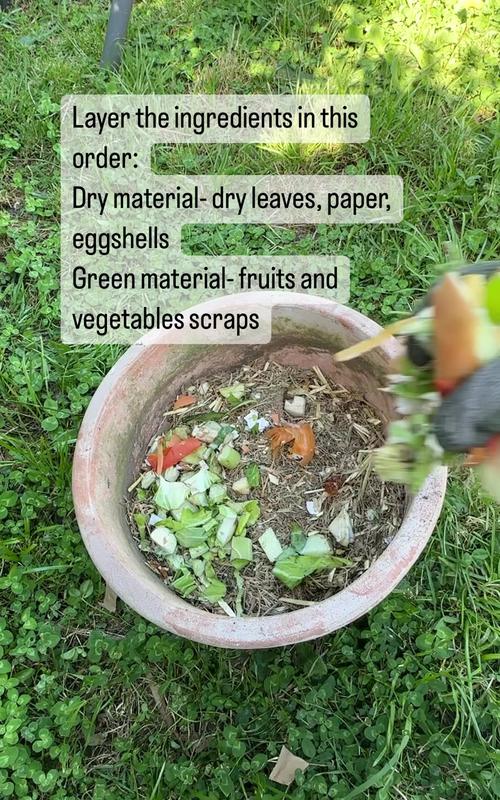
How to Recycle and Compost
Introduction
Recycling and composting are important practices that help reduce waste, conserve resources, and protect the environment. By properly recycling and composting, we can all do our part to create a more sustainable world.
Recycling
Recycling is the process of collecting and processing materials that would otherwise be thrown away as trash and turning them into new products. To recycle effectively, it's important to understand what materials can be recycled and how to prepare them for recycling.
- Common materials that can be recycled include paper, cardboard, plastic, glass, and metal. Check with your local recycling program to see what specific materials they accept.
- Before recycling, make sure to clean and rinse the materials to remove any food or residue. This helps ensure that the materials are properly processed and don't contaminate the recycling stream.
- Separate materials into designated bins or containers to make it easier for recycling facilities to process them. This also helps prevent contamination and increases the likelihood that the materials will be recycled.
Composting
Composting is the natural process of recycling organic materials, such as food scraps and yard waste, into a rich soil amendment known as compost. Composting is a great way to reduce the amount of organic waste sent to landfills and create nutrient-rich soil for gardening and landscaping.
- Common materials that can be composted include fruit and vegetable scraps, coffee grounds, eggshells, yard trimmings, and leaves. Avoid composting meat, dairy, and oily foods, as they can attract pests and create unpleasant odors.
- Start a compost pile or use a compost bin in your backyard to begin composting. Layer organic materials with yard waste and regularly turn the pile to aerate it and speed up the decomposition process.
- Use the finished compost in your garden or lawn to enrich the soil, improve water retention, and suppress plant diseases. Compost can also be used as a natural fertilizer and alternative to chemical-based products.
Conclusion
Recycling and composting are simple but impactful ways to reduce waste and benefit the environment. By incorporating these practices into our daily lives, we can contribute to a healthier planet and inspire others to do the same.
